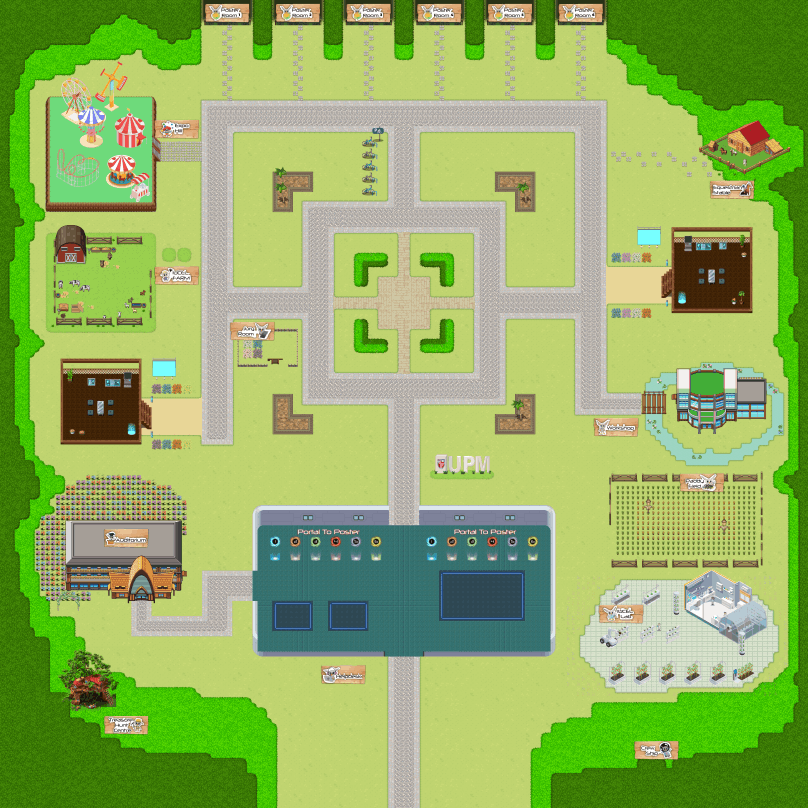A learning management system (LMS) is a software application for the administration, documentation, tracking, reporting and delivery of electronic educational technology (also called e-learning) courses or training programs. This award seeks to recognise a self-developed LMS that has the potential to revolutionise the way learning is designed, delivered, supported, enhanced or managed.
Judges will be looking for demonstrable evidence of ways in which:
• The self-developed LMS enhances the way that learning can be designed, delivered, supported, enhanced or managed.
• The self-developed LMS has brought benefits to end users.
• The self-developed LMS differs from its predecessors and/or competitors.
• Technical evaluation for Integration: can be accessed or used by various type of user in the same institution (administration, educators, students).
• Flexible: able to integrate with latest technologies features.
• Cost structure: the money spent on developing and running is substantial.
• Return of investment (ROI): ROI measurement on the impact of learning.
• User friendly: System features and layout are easy to use or understand.
• Learner-centred features: The system must focus on learners in terms of learner’s capabilities, goals, and involvement.
• Administrative component: Administrator can access student’s data such as their enrolment status, grades, payment, and other information.
• Product: Product should be multi-functional and match the system that already exists in the user’s company.
• Shareable Content Object Reference Model (SCORM): System must able to stand with SCORM standard – system able to work in a variety of settings.
• Technical support: technical support is provided to minimise service interruptions.
• Systems that have already delivered benefits to end users will have a greater chance of success than those that are in development or only just launched. •
Judges will also be looking for demonstrable evidence of ways in which:
• The use of the LMS enhances the way that learning can be designed, delivered, supported, enhanced or managed.
• The use of the LMS has brought benefits to end users.
• Technical evaluation for Integration: can be accessed or used by various types of users in the same institution (administration, educators, students).
• Flexible: able to integrate with latest technologies features.
• Cost structure: the money spent on developing and running is substantial.
• Return of investment (ROI): ROI measurement on the impact of learning.
• User friendly: System features and layout are easy to use or understand.
• Learner-centred features: The LMS must focus on learners in terms of learner’s capabilities, goals, and involvement.
• Administrative component: Administrator can access student’s data such as their enrolment status, grades, payment, and other information.
• Product: Product should be multi-function and match the system that already exists in the user’s company.
• Shareable Content Object Reference Model (SCORM): System must able to stand with SCORM standard – system able to work in variety of settings.
• Technical support: technical support is provided to minimise service interruptions.
• The use of the LMS that have already delivered benefits to end users will have a greater chance of success than those that are in development or only just launched.
• Supporting evidence from end users is required. Comments from single learners and end users will carry less weight than broader surveys or research.
Comments from leading commentators in the field will also carry some weight. Supporting evidence from end users is required. Comments from single learners and end users will carry less weight than broader surveys or research. Comments from leading commentators in the field will also carry some weight.
